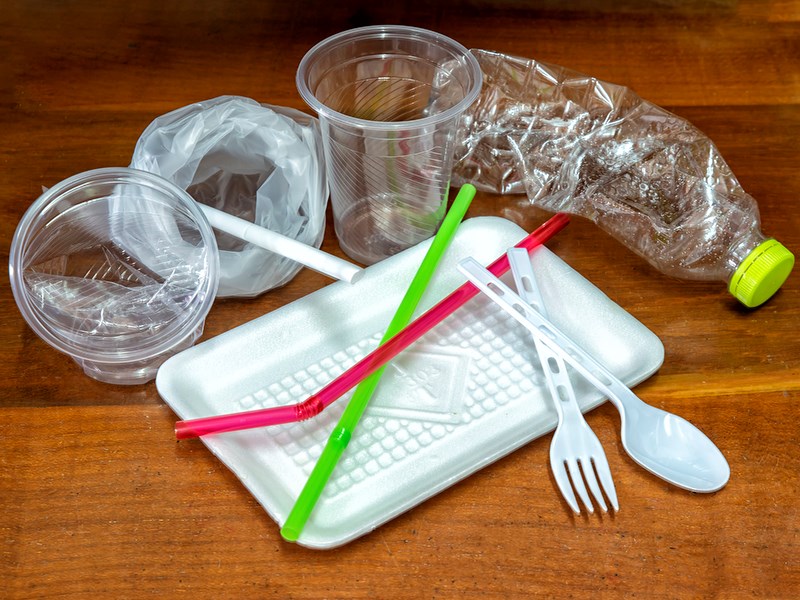It used to be that folks sounding the alarm bell over our addiction to plastic were labelled extremists. They sat at the edges of the political scene and were the butt of jokes.
Recent years have turned the tide completely, and it is now almost trendy for businesses and politicians to advocate for plastic bans, promote eco-friendly products and fund ocean cleanups.
Prime minister Justin Trudeau got onboard by making a bold statement when he took to the podium on June 10 and shared his party’s commitment to addressing plastic pollution. While it should be noted that nothing shared is currently enforceable, it is still significant that it is even being talked about at a national level. Even if it is an election promise, it still acknowledges that the majority of Canadians, notably the younger generation, want the plastic pollution problem addressed.
We’ve heard the statistics. Only nine per cent of plastic we consume across the country actually gets recycled. The rest makes its way into landfills and pollutes natural environments.
We are finding microplastics across the food chain yet continue consuming voraciously without truly knowing the long term effects. If we don’t change our ways globally, by 2050 it has been said that plastic will outweigh fish in the ocean.
With single-use plastic making up 40 per cent of all plastic products manufactured, it is a significant line of attack if we are to reduce our mindless consumption. Metro Vancouver is in the midst of enacting a list of bans on some of the worst offenders, such as foam to-go containers and eventually straws, bags and disposable cups. Trudeau’s announcement included considering federal single-use plastic bans as early as 2021, which could include items such as water bottles, plastic bags, straws, stir sticks, cutlery and more.
Our addiction to convenience seems to make these top-down bans necessary, but even more is needed to address this ubiquitous material that never biodegrades. Trudeau’s public statement went beyond bans and mentioned the possibility of creating more producer responsibility programs where manufacturers of plastic goods would be financially responsible for the recycling of materials they bring into the world. Such programs already exist, but could be greatly expanded.
Change at the political level is often nauseatingly slow, but clearly needed to create much greater efficiencies in the system. In the meantime, you can do your part individually to affect a tidal wave of change. By refusing single-use items, opting for natural-fibre clothing, writing our politicians to ask for advocacy on bans, participating in beach cleanups and keeping informed about how plastic is affecting our wellness, we are affecting positive change.
Let’s Talk Trash is qathet Regional District’s waste-reduction education program.



